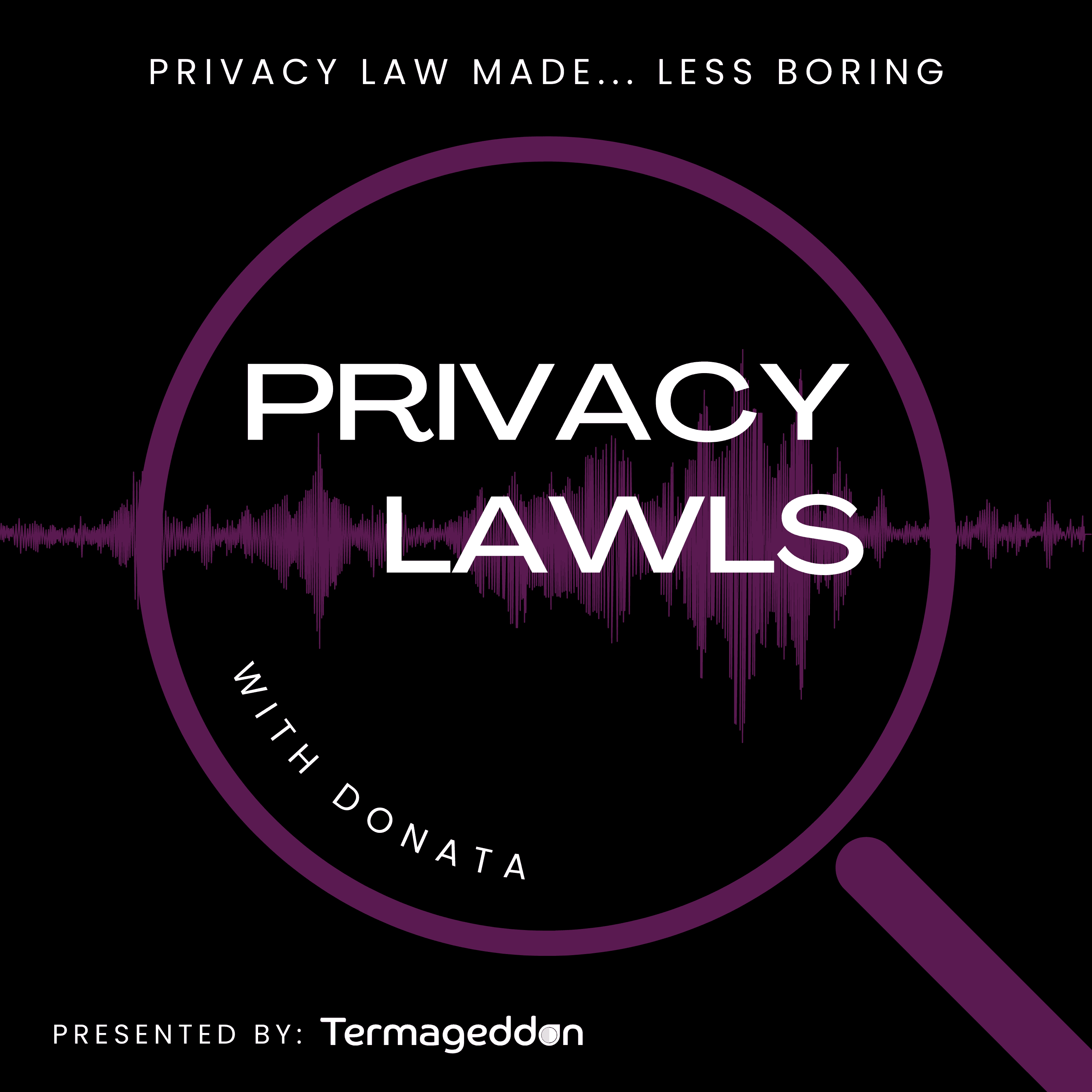Privacy Lawls with Donata
Ep.12 | The Importance of Privacy Rights (Guest: Michael Power)

Search the Site
Popular Articles
Browse by Category
Subscribe for Updates
Privacy Lawls with Donata
